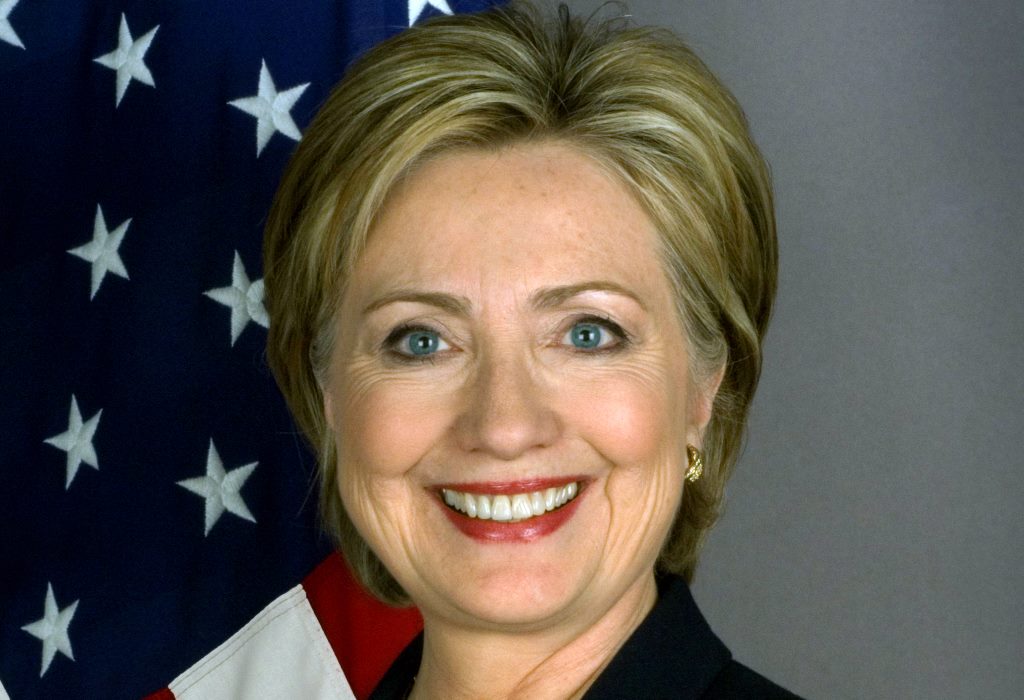What Did Primary Mean for Wisconsin
Will Walker be Cruz’s choice for running mate? And why can’t Hillary win here?
Well, that was interesting! So much primary election news, and so little space to write about it. Let’s just hit the highlights.
*Trump Train Derails: Wisconsin Republicans, you picked Texas Sen. Ted Cruz over front-runner Donald Trump and Ohio Gov. John Kasich. But it felt more like a “stop Trump” play more than “we love Ted” display.
Cruz pronounced his 13-point Wisconsin winning margin over Trump a “turning point” in his bid for the party’s presidential nomination. But it was really a tale of two states – Republicans in the Third and Seventh Congressional Districts in western and northern Wisconsin backed Trump, while the rest of the state went for Cruz.
How unwise was it for Trump to repeatedly savage Gov. Scott Walker, who endorsed Cruz one week before the primary, and Walker’s record? Trump also reminded voters that Walker’s run for President lasted only 71 days. Although Walker’s approval rating is 43 percent statewide, his support among Republicans and conservatives is about twice that number.
*Walker, pro-Cruz legislators in spotlight: Walker scored so big by helping Cruz win Wisconsin that the governor was getting — and won’t answer — questions about whether he would be the Texas senator’s running-mate.
Footnote: Former Republican House Speaker Newt Gingrich told MSNBC on election night that, having elected Walker twice and helping him survive a 2012 recall, Wisconsin’s Republican Party is the most “battle hardened” GOP organization in the nation.
*Hillary bats 0-for-2: Wisconsin Democrats, what do you have against your party’s presidential front-runner, Hillary Clinton? Nobody else has her resume: former First Lady, U.S. senator and U.S. Secretary of State. But, after losing here to future President Barack Obama in 2008, 58 percent to 41 percent, she lost to Vermont Sen. Bernie Sanders last week, although by a slightly closer margin.
*Enlarged Supreme Court conservative bloc stays: Justice Rebecca Bradley has Walker to thank for the fastest climb up Wisconsin’s judicial ladder in state history – from Milwaukee County Circuit Court to Court of Appeals to Supreme Court in three years. Tuesday, Bradley won a 10-year term on the court, where she is expected to join the other four conservative justices. At 44, she is the youngest justice; four of the seven justices range in age from 65 to 82.
*”Progressive” Democrats: The liberal wing of Wisconsin’s Democratic Party got college students to anchor the statewide victory of Sanders in Tuesday’s presidential primary. The latest Marquette University Law School Poll documented that age gap: Of Democrats between the ages of 19 and 29, 83 percent supported Sanders, and 12 percent backed Clinton.
In 1968, Wisconsin college Democrats turned out for anti-Vietnam War Democrat Eugene McCarthy. In 1972, they helped then-Sen. George McGovern win the state primary. In 2008, they flocked to the polls for Barack Obama. This year, Bernie!
But those same liberal Democrats couldn’t harness that same energy on Tuesday for Court of Appeals Judge JoAnne Kloppenburg, their Supreme Court candidate. About 160,000 voters picked a choice for president but ignored the Supreme Court election. Given that Kloppenburg lost by 91,000 votes, that could have made the difference.
*”Dame County” Democrats: In 1997, after Kathleen Falk was elected Dane County executive, and Sue Bauman was elected mayor of Madison, the Capital Times newspaper ran a great headline – “Dame County.”
But Kloppenburg is the third Dane County female candidate to lose a statewide election since 2002. She joins Falk, who twice ran for governor and once for attorney general, and Mary Burke, the Democratic candidate for governor in 2014.
*Wisconsin Democrats: Since 2010, Wisconsin Democrats have only won elections for U.S. Senate (2012), nine of 24 U.S. House elections and six state Senate recalls. They also dropped to only 36 seats in the 99-member Assembly. In the same period, Republicans won three elections for governor, one recall for lieutenant governor, one U.S. Senate election (2010), five state Senate recalls, two attorney general elections, and 15 of 24 U.S. House elections. They also kept solid controlling margins in both houses of the Legislature.
Bernie’s on to New York State, Wisconsin Democrats, and “thanks for the memories.” He left you looking – still – for down-ballot momentum.
Steven Walters is a senior producer for the nonprofit public affairs channel WisconsinEye. Contact him at stevenscwalters@gmail.com
The State of Politics
-
RNC Brings Fame to Gen Z Party Leader
 Jul 15th, 2024 by Steven Walters
Jul 15th, 2024 by Steven Walters
-
Wisconsin’s Republican Roots Run Deep
 Jul 8th, 2024 by Steven Walters
Jul 8th, 2024 by Steven Walters
-
Feuding Supreme Court Justices Need a Break
 Jul 1st, 2024 by Steven Walters
Jul 1st, 2024 by Steven Walters























The Anti Christ is a woman… Her name is Hillary. This is the best we can get for a candidate?
The Anti Christ is Hillary. That’s some funny cuss right there. Considering Trump and Cruz and Sanders, it’s clear we can do a lot worse.